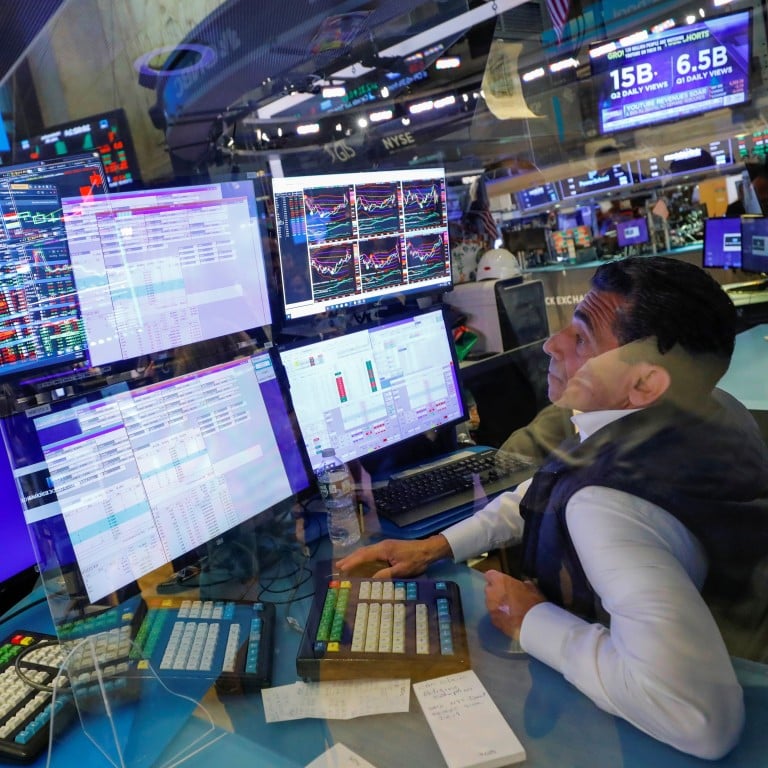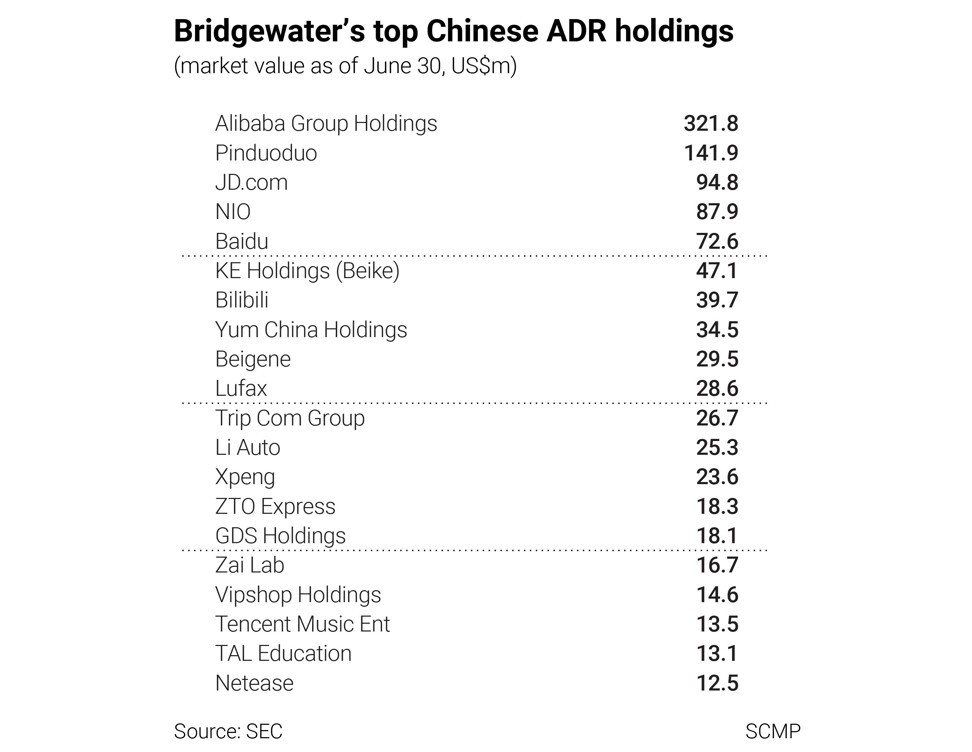
The lone bear on Alibaba and Tencent says Chinese tech stocks’ rout to persist until China can enunciate end of crackdown
- For the sector to hit bottom and potentially recover, the government needs to restore the trust among global investors, Muhl at DZ Bank says
- China remains ‘a classic stock picker’s market,’ says Capital Group, which manages about US$2.6 trillion of assets
“For the sector to hit bottom, and potentially recover, the government needs to restore the trust that it has destroyed,” Muhl said in an interview. “This can only be achieved by reaching a point where they can publicly state that their crackdown has reached its goal and that they are done for now. When will that be?”
Temasek walked into market minefield last quarter with new bets on Chinese education stocks

03:22
Crackdown on private tutoring leaves industry, students and parents drawing a blank
Muhl downgraded Alibaba to a “sell” with a price target of US$196 for the company’s ADRs, as well as Tencent with a target of HK$490 for its Hong Kong-traded shares. Both stocks currently trade at more than a 10 per cent discount on his targets, putting investors who have heeded his “sell” call in the money.
That makes Muhl the lone bear out of a field of more than 50 bullish securities analysts who have maintained their “buy” or “hold” calls on both stocks despite multiple price downgrades recently.
Legally ambiguous ‘VIE’ structure could spell disaster for foreign investors
“It is also clear that no one has any legal means of fighting these decisions” when they come, DZ Bank’s Muhl added. “Companies can’t file a complaint and investors cannot protect their property rights. Either way, we find it hard to recommend investing in a sector with that much uncertainty.”
More regulatory challenges could be in store, suppressing valuations and elevating risk premiums as regulatory tightening could expand to other parts of the industry like consumer finance, online gaming and mobile apps, according to Los Angeles-based Capital Group, which manages more than US$2.6 trillion worldwide.
For now, Muhl said calling the bottom is like “catching a falling knife without gloves”.
“A long-term investor might find these valuations attractive, but on the short end we see more downside until the trust is restored and that will take its time,” he added.
Additional reporting by David Yong and Zhang Shidong


